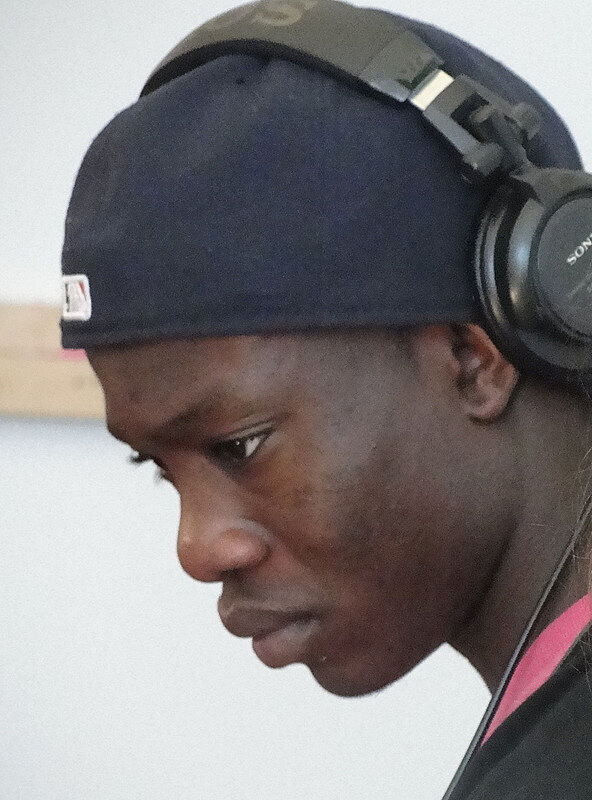Listen Up: Introducing Hiplife
Apr 13, 2010
Growing up in America, I never really listened to hiplife. I only heard it when my parents played it on special occasions. I knew what it was, but didn’t really care. As I got older and matured, I started noticing the different cultures around me. I realized that I have my own culture and it’s something that makes me unique. It’s almost like looking for the love of your life, and it turns out she was always in front of you or beside you, like your best friend. That is what hiplife is to me.
To begin, hiplife was inspired by hip-hop and highlife music in Ghana. Highlife music is an old, jazzy kind of Ghanaian music. And hip-hop is an American genre of music, which, like rap, also has jazz roots. Together, highlife and hip-hop make hiplife. Hiplife was originated in the early 1990s by a musician named Reggie Rockstone. But before that, kids in the community were rapping all kinds of freestyles. They just needed someone to bring it into the limelight. When hiplife came out, people saw it as an imitation of hip-hop and it was neglected. Over time, people realized that hiplife was the voice of the youth. Just like hip-hop was discovered in the Bronx, hiplife also started in the slums. We Ghanaians see hiplife as the fruit of inspiration: like a father and son, hip-hop being the father, and hiplife, the son. Just like hip-hop, hiplife will never stop.
by Amadu

